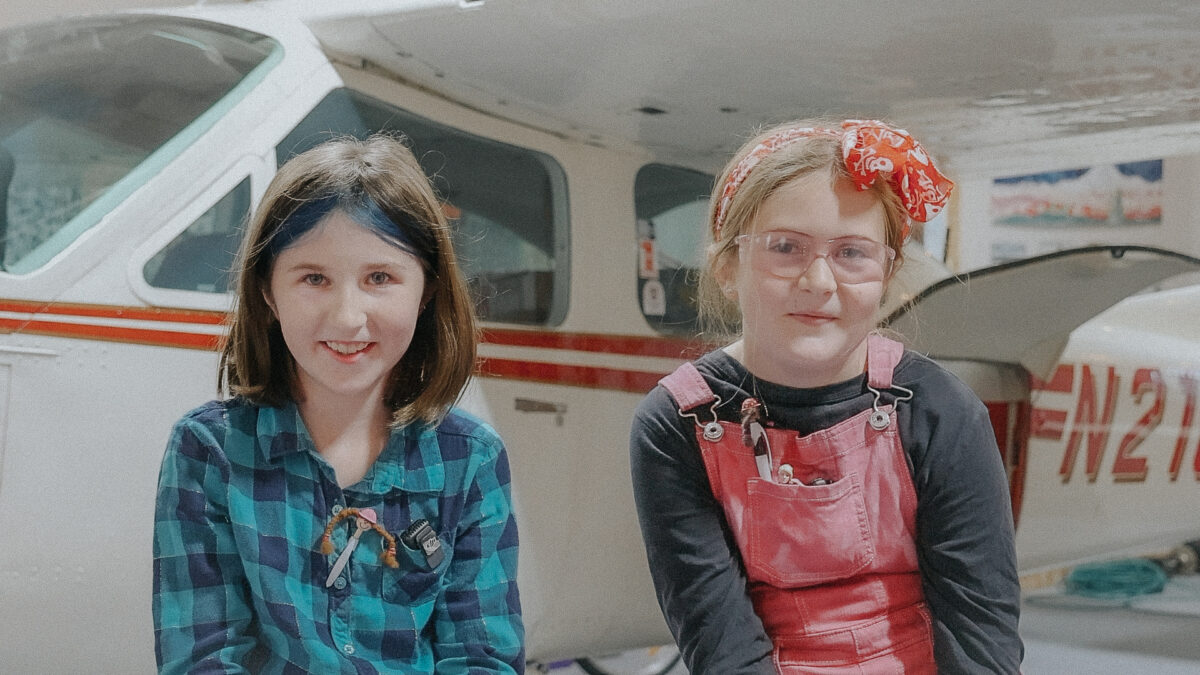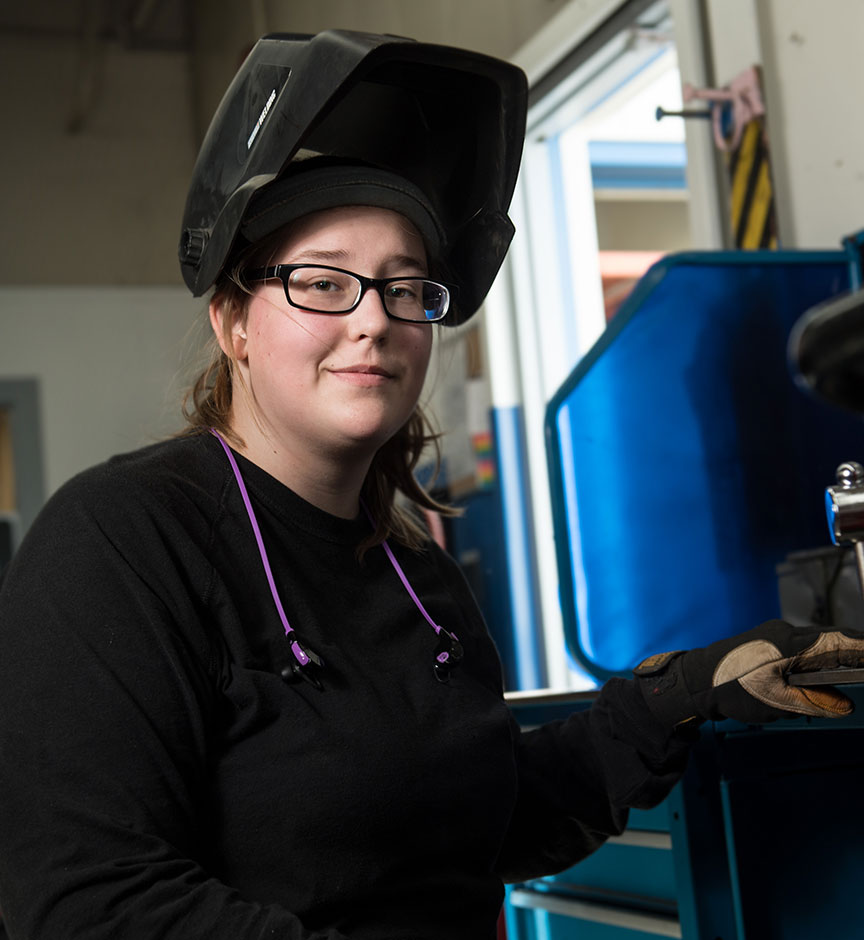
In the next five to 10 years, we expect to see a large wave of retirements from the skilled trades workforce. The U.S. Bureau of Labor Statistics projected a total employment growth of 370,700 positions in collective trades occupations* for 2019-2029. Yet there is no skilled trades field where current enrollment in high school programs is projected to meet even half of employer demand over the next decade. The gap between these numbers, as well as the impact of the COVID-19 pandemic on the demand for essential trades workers, emphasizes the importance that women continue to enter both fields to shape future generations.
*Construction Trades, Installation Maintenance and Repair, Metalwork Machining, Woodworking
According to an opinion research report conducted with NORC at the University of Chicago, 66 percent of female high school students surveyed who have taken skilled trades courses said they were drawn to the course’s subject matter. Skilled trades education landscape research conducted by JFF also concluded that engaging more girls in trades education can help ensure that they have equal access to the career opportunities offered by the trades as they move into adulthood and simultaneously help address our nation’s labor shortages.
Over the past four years, eight inspiring women have been awarded the annual Harbor Freight Tools for Schools Prize for Teaching Excellence. Representing a variety of fields and eras of industry and education, they stand as role models for all students. In honor of Women’s History Month, today we share their stories and how they are influencing the trades workforce of the future:
Nicole Taylor, 2020 Prizewinner
Construction Education / Warren Technical School / Chamblee, GA

Prior to taking her current position 13 years ago, Taylor earned a bachelor’s degree in building construction technology from Norfolk State University and worked as a superintendent and project manager for two homebuilders. She utilizes the National Center for Construction Education and Research (NCCER) curriculum, offers her students safety certifications, and encourages community service work like restoring and building shelters for Atlanta’s unhoused population. A believer in continuously improving her practice, Taylor earned a certification in special education to better serve students.
“Imagine signing up for the construction class as an elective in your high school,” Taylor said. “On the first day of school, you walk up to the classroom and you see a female teacher greeting you at the door. You wonder if you are in the right class or if she’s a substitute. Well to your surprise, she is your skilled trades teacher and has been a construction teacher for 11 years. You also find out that her own love for learning inspired her to become a trades teacher.”
Alfia Anderson, 2020 Prizewinner
Low Voltage Theory & Installation / High School for Energy & Technology / The Bronx, NY

After a 14-year career as an electrician specializing in roadways, bridges and tunnels and an active member of the International Brotherhood of Electrical Workers Local 3, Anderson decided to use her skills to educate a new generation of electricians. Her students begin with low voltage theory, then learn residential, commercial and industrial wiring. They must also complete at least 50 internship hours in the field and have opportunities to learn on-site with local utilities, transit agencies, military divisions, and others. Anderson is HSET’s lead SkillsUSA advisor, and their chapter has partnered with the school’s National Honor Society chapter to create leadership and community service opportunities for students.
“What I love best about being a skilled trades teacher is building confidence,” Anderson said. “To many of our students, this electrical track is an exit ticket out of poverty and an introduction to a sustainable, independent lifestyle.”
Kathryn Worley, 2020 Prizewinner
Manufacturing, Woodworking and Guitar Construction / West Hills High School / Santee, CA
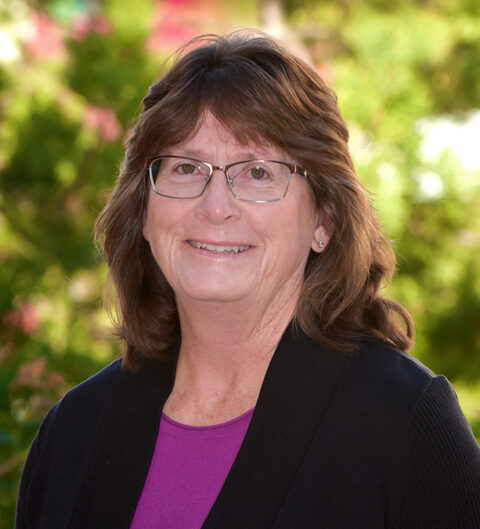
Worley initially went through high school and two years of college intending to become a doctor, but ended up in a woodshop class as a high school elective. By senior year, her woodshop teacher told her to “forget medicine, [she’s] going to be a woodshop teacher,” and that changed the course of her life. Now in her 32nd year of teaching, students in Worley’s advanced manufacturing pathway learn design principles and applications, then a variety of building and fabrication techniques. With deep program relationships to industry, her students make connections to a variety of potential employers and compete in “Shark Tank”-inspired design competitions where they design, manufacture and market unique products to industry and community professions.
“The career trajectories of my students range from entering the workforce, going to college and working, military service and/or a combination,” Worley said. “When my students leave the Manufacturing Pathway, they have had the opportunity to earn college credit, complete job shadows and internships, be mentored by industry volunteers, and make connections to employers and apprenticeship programs.”
Wendy Schepman, 2019 Prizewinner
Landscape Management, Irrigation, and Small Engine Maintenance / South Fork High School / Stuart, FL
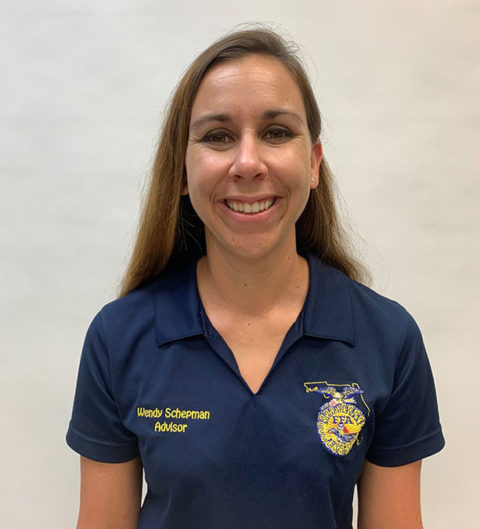
Schepman grew up on a small farm and liked to work with her dad and brother fixing fences on the property or mowing with the tractor. This led rather natural to her joining the landscape & turfgrass program at her high school and becoming an officer for their Future Farmers of America (FFA) chapter. In college she switched majors from Agriculture Education to Turfgrass Science after earning a spot as the only woman on the grounds crew for the St. Lucie Mets baseball team and was the only woman in her major at the University of Florida. Schepman began taking classes to earn her teaching certificate when she realized her old turfgrass teacher was retiring, worried that the program would close without a teacher who was greatly invested in it. Now coming up on 10 years teaching at SFHS, her students earn industry-based certifications as well as college credits. Many go on to work in family businesses, start their own, or work in the green industry.
“I am lucky to work in a community that supports my program and sometimes offers more opportunity than I can take advantage of,” Schepman said. “My student are often offered jobs in the industry as well as mentored within those jobs. I have guest speakers from different areas of the green industry that teach new skills to my students as well as bring donations for the program.”
Henrietta Jutson, 2019 Prizewinner
Integrated Systems Technology / Jack Britt High School / Fayetteville, NC
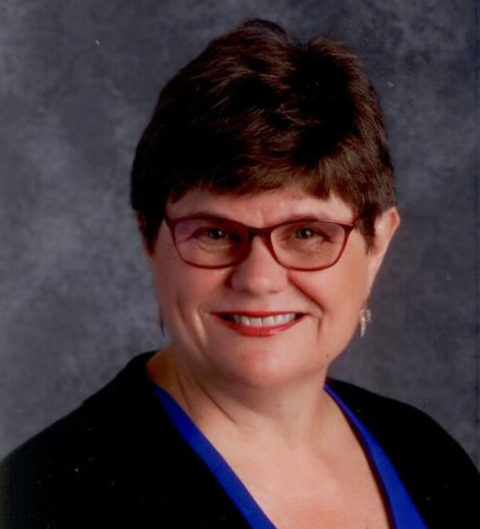
As an industrial technology student in the 1980s and the only girl in her college program, Jutson sported a pink toolbox, designed for embroider tools—a fact that her metals instructor said, “demonstrated a creative sense of purpose and design.” In a teaching career spanning three decades, Jutson has led her program at JBHS for 19 years, combining hydraulics, pneumatics and electrical components in her curriculum. A lifelong learner, she constantly seeks methods both established and emerging to introduce to her students and herself. Many of her students continue their education at four-year universities and have become engineers and technologists. Over the years, alumni have shared that the labs and student-centered, hands-on activities at JBHS provided them with a great advantage over their peers from schools that were theory-based only.
“I encourage past graduates of our program to visit and speak to the current students about their paths to success,” Jutson said. “We have had an engineer from GE, a herpetologist with the park services, a civilian systems analyst with the navy (high school grad with certificates only), a computational science and engineering major that did his internship working with radio telescopes at observatories.”
Jodi Lancaster, 2019 Prizewinner
Welding Technology / Livingston Area Career Center / Pontiac, IL
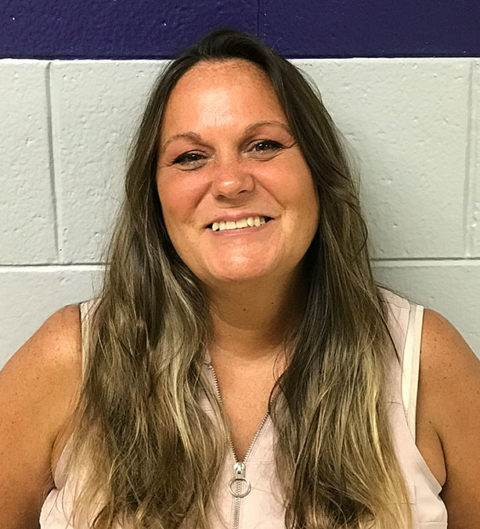
Lancaster brings a trailblazing spirit to her classroom at LACC, where she has taught for 14 years. She was only the second woman to attend Midwest Technical Institute’s welding certification program. To create connections outside the classroom, Lancaster has students engage in community service activities that use class skills, has guest speakers from local businesses and unions and has students present the welding program each year at a career fair. Her curriculum is aligned with the American Welding Society’s SENSE program to provide an entry-level welder certification, dual credit courses through a local community college, Common Core Standards for CTE in English and Math, as well as the needs of area businesses to connect students to local internships.
“My goal has always been to provide my students with as many pathways as I can, so they can get to where they want to be no matter what obstacles they may have in their way,” Lancaster said.
Melissa Hageman, 2018 Prizewinner
STEM Agriculture Mechanics & Engineering / South Winneshiek High School / Calmar, IA
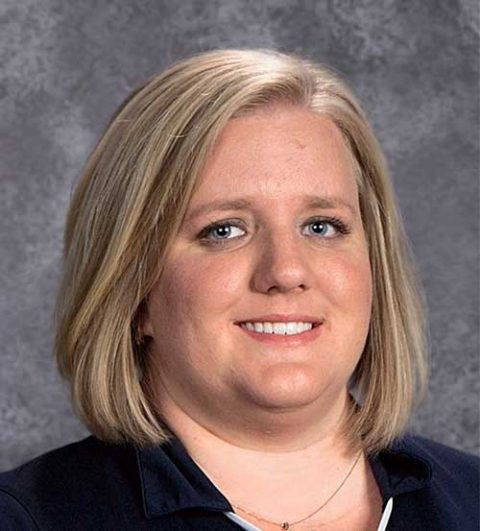
Hageman grew up on a small farm in Iowa and worked full-time with her parents to help raise livestock and grow corn and soybeans, experiences that instilled a deep passion for agriculture and the skilled trades involved. After graduating from SWHS and obtaining degrees in agricultural sciences and education, she returned to the school in 2011 as a teacher and transitioned the program to a STEM-focused, student-centered skilled trades program. Each course Hageman teaches is aligned to a post-secondary pathway, and students walk away from the program with a variety of industry-based certifications.
“I strive as a teacher to expose students to new and innovative concepts through student-centered curriculum and equipment I use in my classroom,” Hageman said. “The skills I give students help them educate the public and gain knowledge to be sustainable in their future as a contributing member to society.”
Roxanne Amiot, 2017 Prizewinner
Automotive / Bullard-Havens Technical High School / Bridgeport, CT
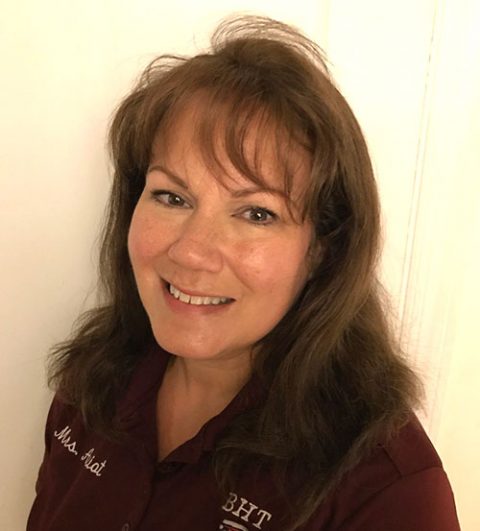
A graduate of the program herself, Amiot has been leading the automotive shop and classes at BHTS for just over 30 years. The shop functions as a licensed repair facility, with hands-on work performed on actual customer vehicles from the community. Her program also features career exploration and job shadowing, preparing students to find local jobs and what type of position in the trade they would prefer to work.
“The reason I know it makes a difference is because I am a graduate of this program and it made all the difference in my life,” Amiot said. “I explored the different trades and even as a female was supported in my choice of auto even though I never thought I could do it and found out I loved it. This program gave me the opportunity to work at something I loved and gave me the skills to be successful and earn a living at it.”
To learn about even more remarkable women in the trades, visit our Instagram.
